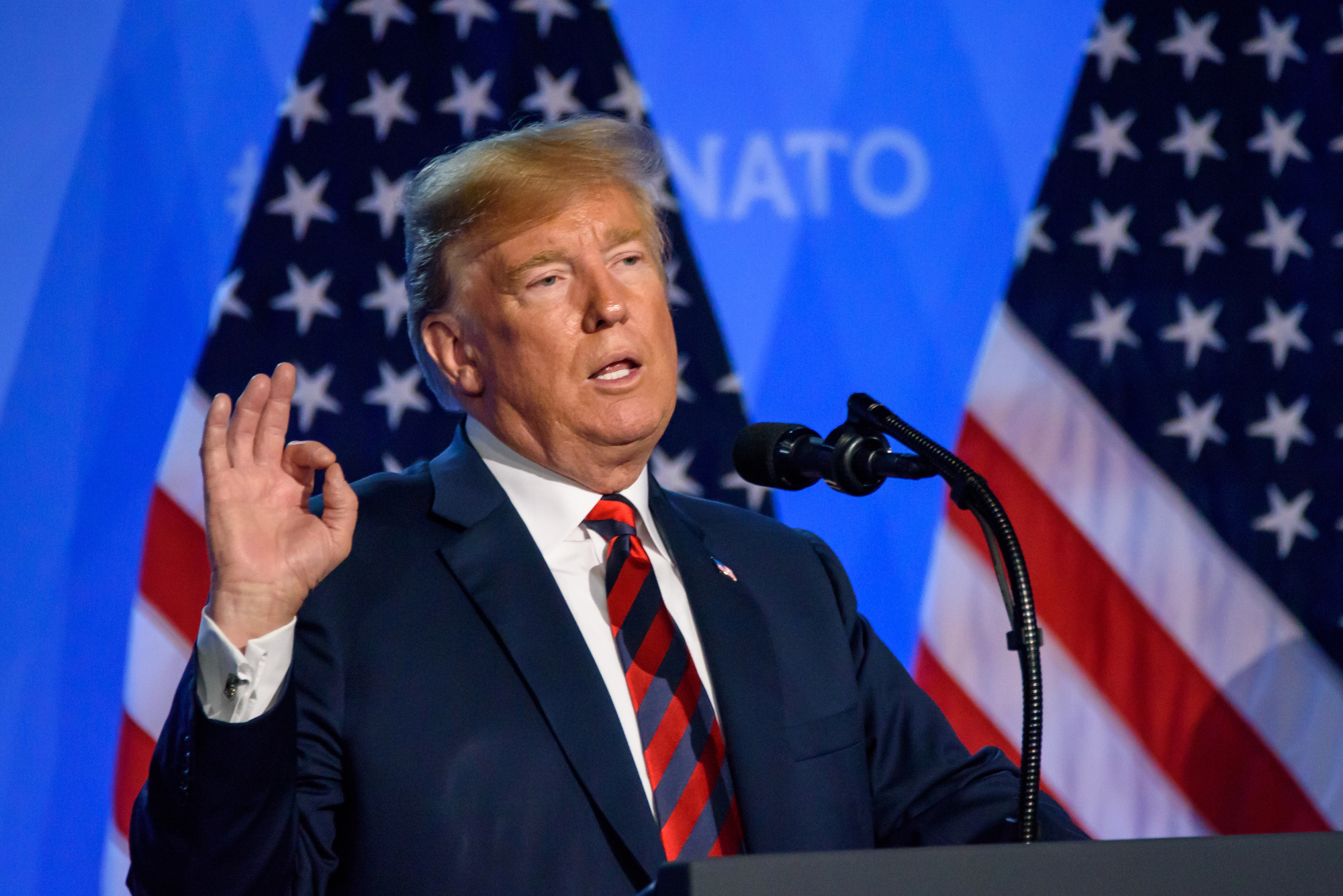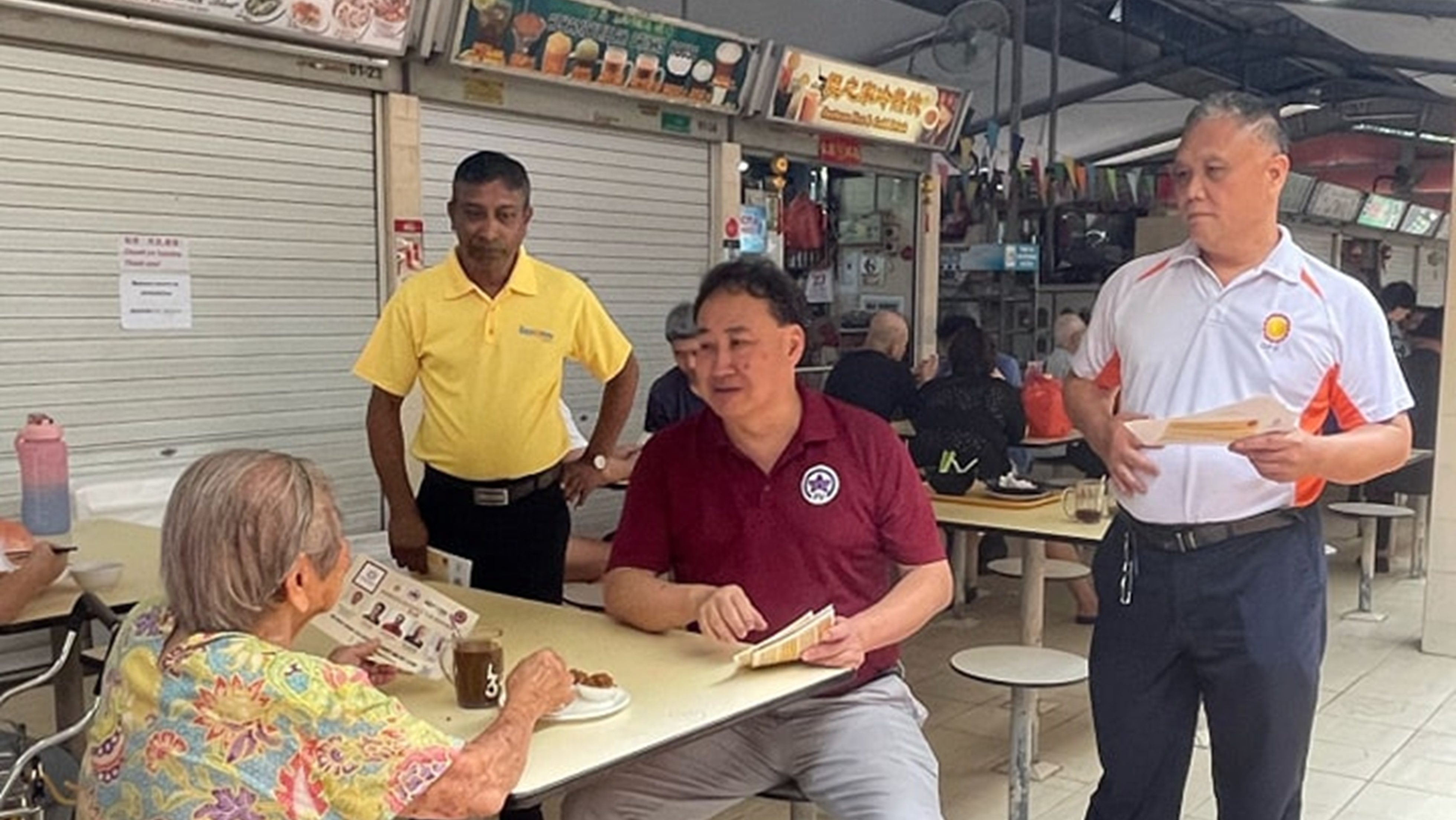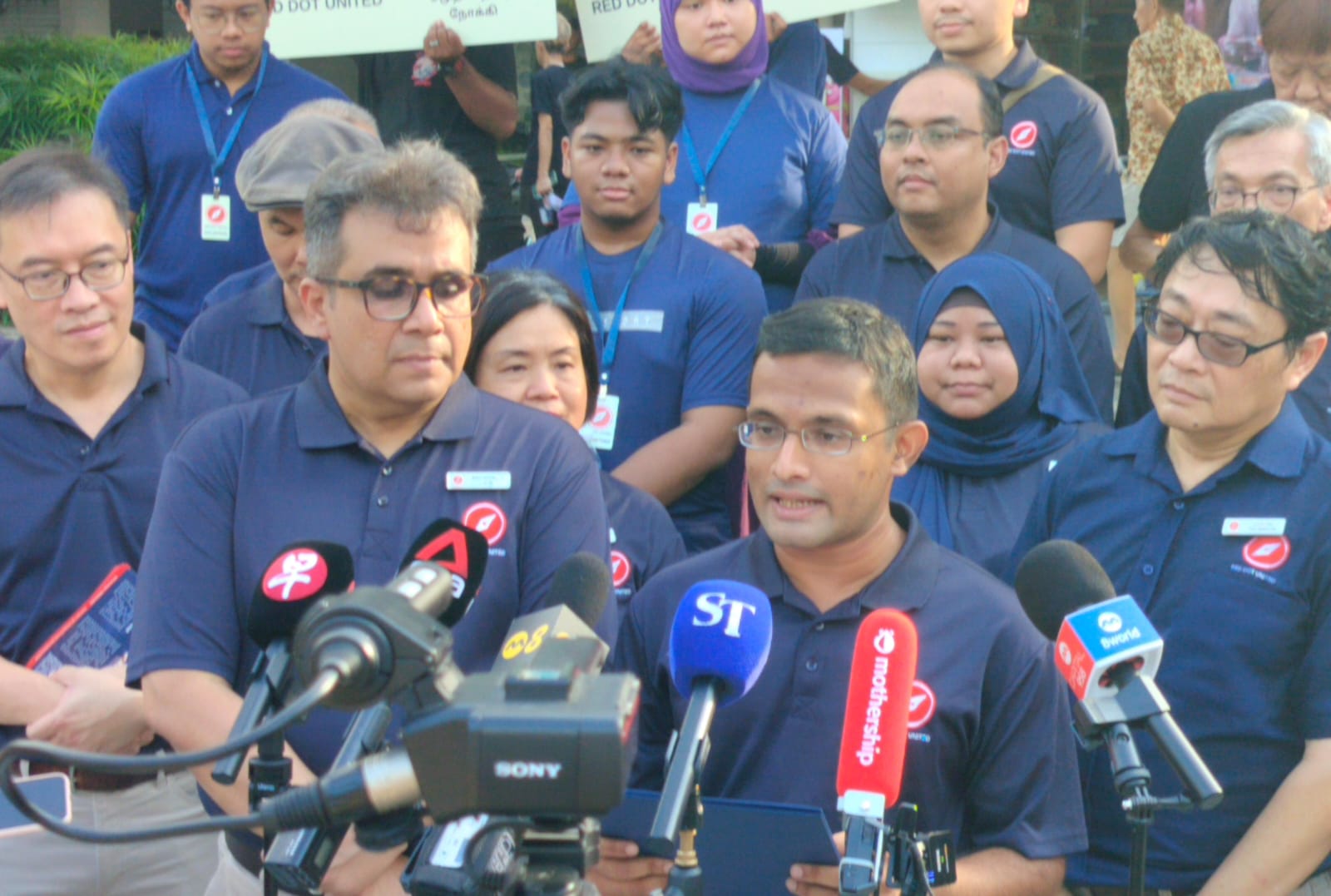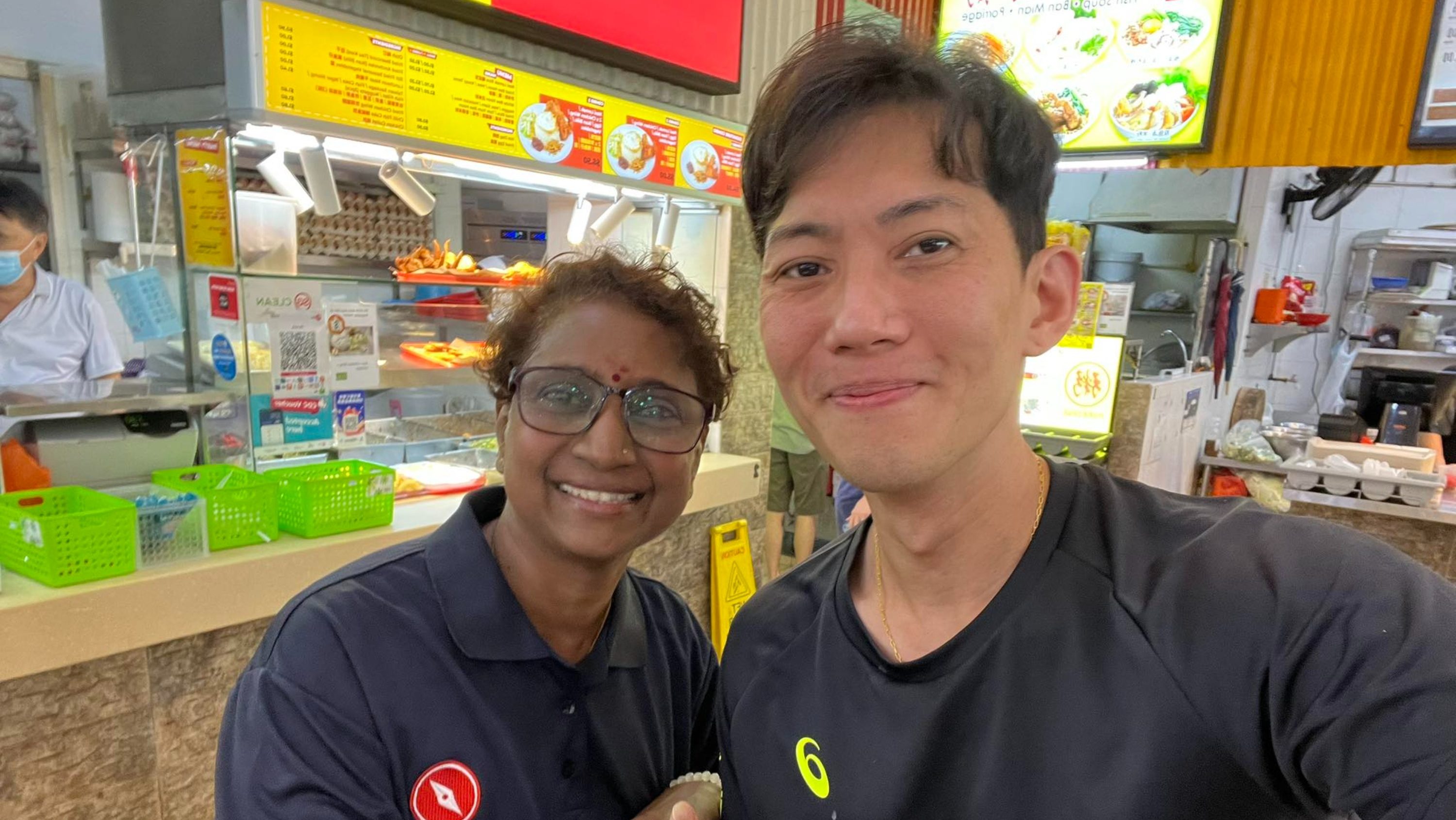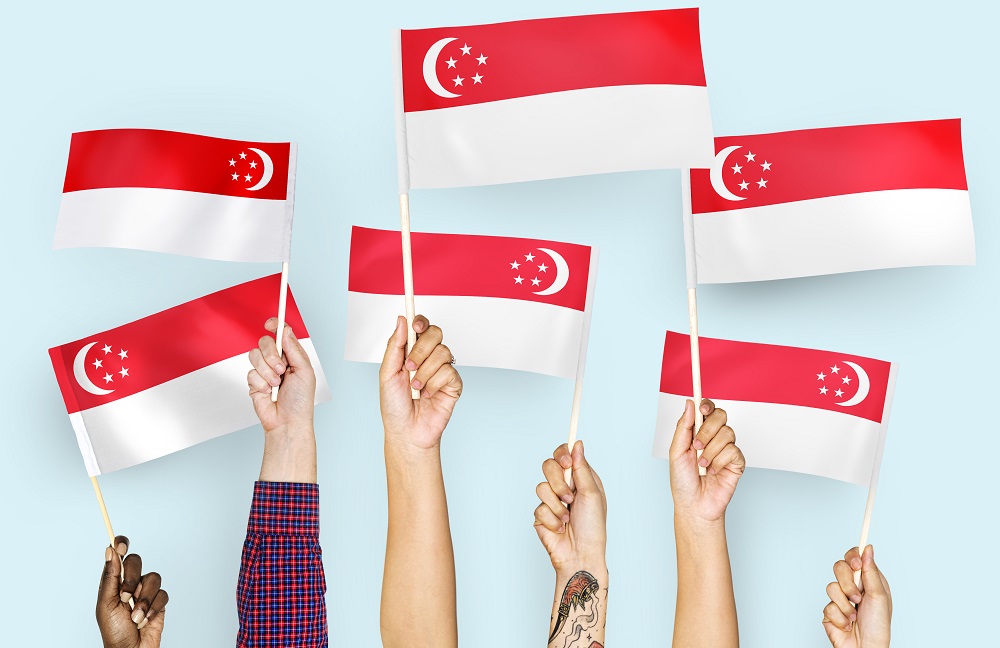
Photo: Freepik/rawpixel.com (for illustration purposes only)
OPINION | Instead of just raving & ranting online, what can Singaporeans do to make an effective difference?
Amid the Rideout Road saga involving Minister for Law and Home Affairs, K Shanmugam and Minister for Foreign Affairs, Vivian Balakrishnan, Prime Minister Lee Hsien Loong (PM Lee) has come out in defence of his Ministers, saying that they have done nothing wrong.
PM Lee seemed keen to emphasise that Ministers in Singapore were paid a “clean wage” and did not get perks that come with the job, such as housing. PM Lee further said that he had every confidence that his ministers and the Singapore Land Authority (SLA) officials who dealt with them would have done the right things and handled the rentals properly.
It is important to note that Prime Ministers should display confidence in their Ministers and should not be populist and bend to every and any criticism. That said, Prime Ministers should also be able to call out members of their Government if there is any wrongdoing. Where do we draw the line?

On the face of things, there is absolutely nothing wrong with what PM Lee said. However, it is imperative to bear in mind that Singapore does operate in a unique political landscape, with the People’s Action Party’s (PAP) longstanding super majority in Government and the fact that our Ministers are one of the highest-paid in the world despite Singapore being such a small country. So while our Ministers do not get housing perks, they earn far more than their counterparts in countries with a far higher GDP.
In assessing the performance and standards of our Ministers, their very high salaries must be taken into the equation.
Also, while it is encouraging that the Government has appeared to take this matter seriously, with the Corrupt Practices Investigation Bureau (CPIB) swiftly launching an inquiry, it must be noted that the CPIB reports directly to PM Lee and in a political climate where the PAP holds a supermajority, there would not be an effective check and balance to ensure that it is not a case of “ownself check ownself” that some Singaporeans have alleged.
Though members of the opposition parties have seats in Parliament, their low numbers mean they will never be able to effectively press the Government on issues that Singaporeans may be interested in. For example, Progress Singapore Party (PSP) chief Leong Mun Wai could not ask all his questions on the Rideout Road saga and was even censured by the PAP’s Christopher de Souza when he attempted to prolong the debate.

Mr de Souza responded: “Mr Leong, I think the Chair decides what time the clarifications end. In fact, this is not a debate.” In a climate where the PAP holds the overwhelming majority, there is no incentive for the Chair to continue discussions (no matter how relevant it is to ordinary citizens) because the opposition politicians are severely outnumbered.
Is this something that Singaporeans need to consider in the next general election? For there to be at least one-third of opposition elected members of parliament (MPs) to ensure that there is an effective check without unseating the PAP Government?
Contrast the speed at which the Rideout Road saga was concluded with the seeming difficulties opposition politicians apparently face. Workers’ Party (WP) politician Yee Jenn Jong has recently revealed that his family member has had, to date, difficulties opening certain accounts in local banks, all because he is classified as a Politically Exposed Person (PEP).
Again, there is absolutely nothing wrong with PEPs being scrutinised deeper. However, it would be interesting to see if PAP politicians face the same difficulties. While I am not suggesting that the PAP has engineered this to “fix” the opposition, I wonder if our political climate encourages regular Singaporeans to unwittingly discriminate against non-PAP politicians out of fear.
The wife of PM Lee, Mdm Ho Ching, has, of course, waded into the discussion. Being a prolific Social Media user, Mdm Ho shares her opinion on a myriad of policy and lifestyle issues. However, Madam Ho did share some valuable insights on the Rideout Road issue.

Proposing an alternative approach, Mdm Ho suggested that the SLA consider coupling rental bids with capital expenditure (capex) improvements for future rental bid consideration.
Suggesting that additions like bathrooms, car porches, and annexes should be considered as capex contributions to the enhancement of the property, Mdm Ho said that the amortization value of such improvements could be added to calculate an effective rent, benefiting both the SLA and tenants.
She added, “And SLA would benefit from higher rentals beyond the tenants’ rental period too.”
Beyond the gossip that the Rideout Road saga has generated, it will hopefully bring about meaningful change in SLA by highlighting its current pitfalls so that we can improve. Hopefully, it will be an opportunity for Singaporeans to consider what they want to see in their Government. Beyond getting angry and ranting on social media, Singaporeans should use this to think about what they want.
If Singaporeans want effective transparency, the answer is to vote in enough opposition MPs to ensure that issues they care about are sufficiently debated in Singapore.
The Rideout Road saga has unwittingly shone the spotlight on the haves and the have-nots at a time when inequality is a major global theme. In a list compiled by Julius Baer, Singapore has become the world’s most expensive city for the first time, ahead of Shanghai and Hong Kong. In 2022, the city-state ranked fifth in the Julius Baer list based on “a basket of goods and services” associated with a high-end lifestyle (residential properties, luxury cars, designer handbags, etc.).
While Singapore is the world’s most expensive city, no evidence suggests that the average Singaporean lives better.
We cannot change the past, but we certainly have the power to shape the future. Instead of just raving and ranting online, what can we do to make an effective difference?
